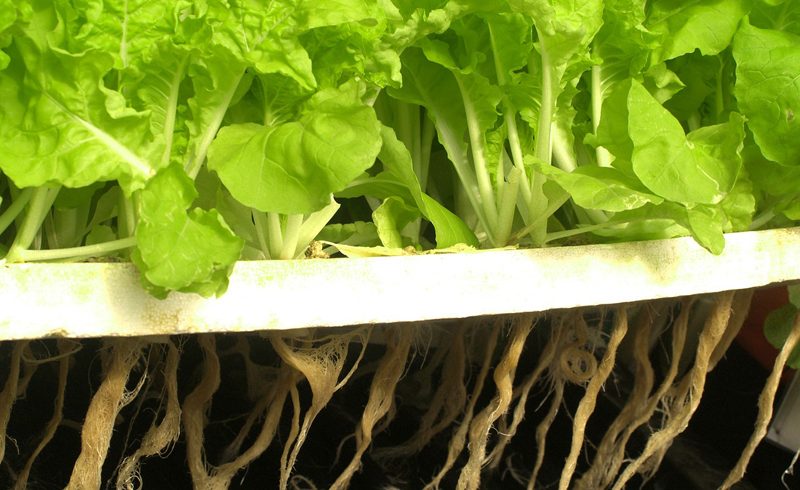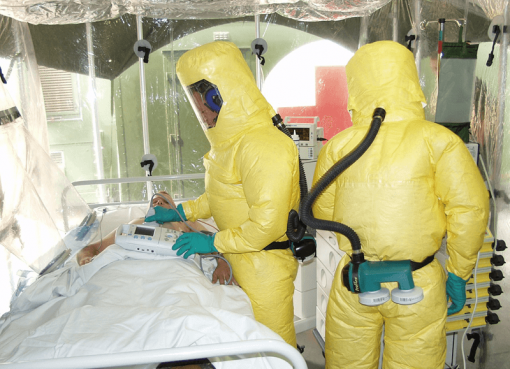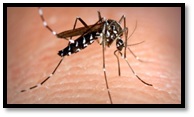Hydroponics is defined as the “Cultivation of plants in water”. It is a system of growing plants in nutrient solution or water culture. It is a Geek word referring to the soil-less growth of plants in water and sand culture.
CULTURE OF HYDROPONICS:
Hydroponics is a method of culture of greenhouse vegetables that involves the production of crops in bags, tubes, tanks or troughs of sand, gravel or artificial soil-less mixes, designed to allow the circulation of nutrient media needed for crop growth. It requires intensive management. For this culture, growers must be highly knowledgeable about plant growth, nutrient balances, culture media characteristics and plant physiology. For example, the requirement of hydroponics in the nutrient solution has a fixed ratio of Nitrogen to potassium. Plants need less nitrogen during the longer days, brighter sunlight and higher temperatures. It should be prepared well with modified formula. The growing medium should lend support to the roots and plants. The recommended acidity or alkalinity of nutrient solution, i.e. the pH must be between 6-6.5. Examples of growing media are sand brick, shards, vermicutile, gravel, saw dust, etc.
BENEFITS:
-
The growth of bacteria and fungi is minimized which may otherwise cause disease.
-
It is made free from soil-borne diseases and weeds.
-
This system assures high yield with good quality produce.
-
It allows the culture of greenhouse vegetables in an area where soil is not suitable for vegetable production.
So let’s foster the strengths of the farming community in India to defeat the weaknesses of the conventional methods of cultivation by adapting this method of farming in select areas.
Author: Sanskriti Thakur Kendriya Vidyalaya, Khanapara, Guwahati




